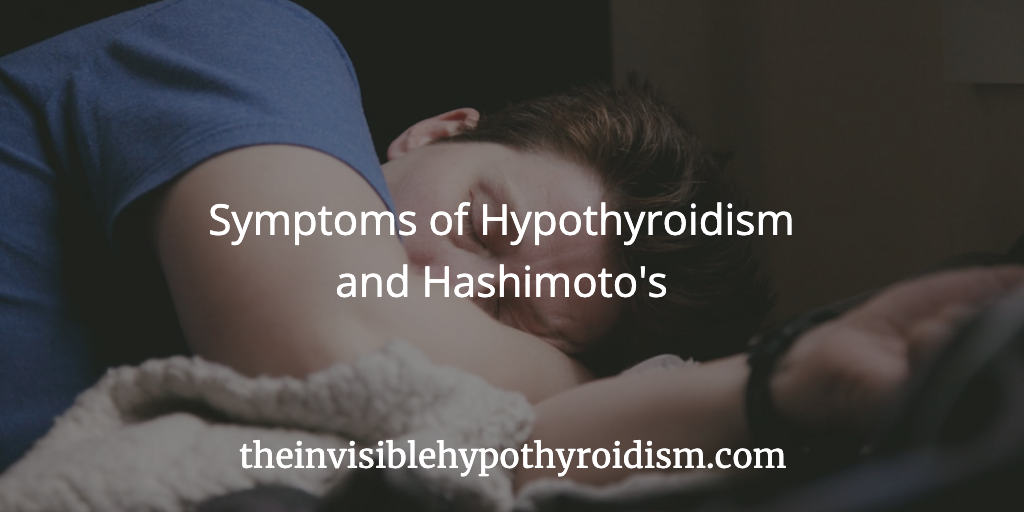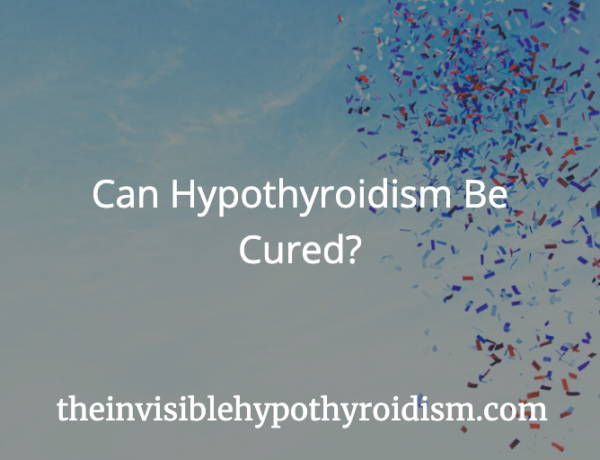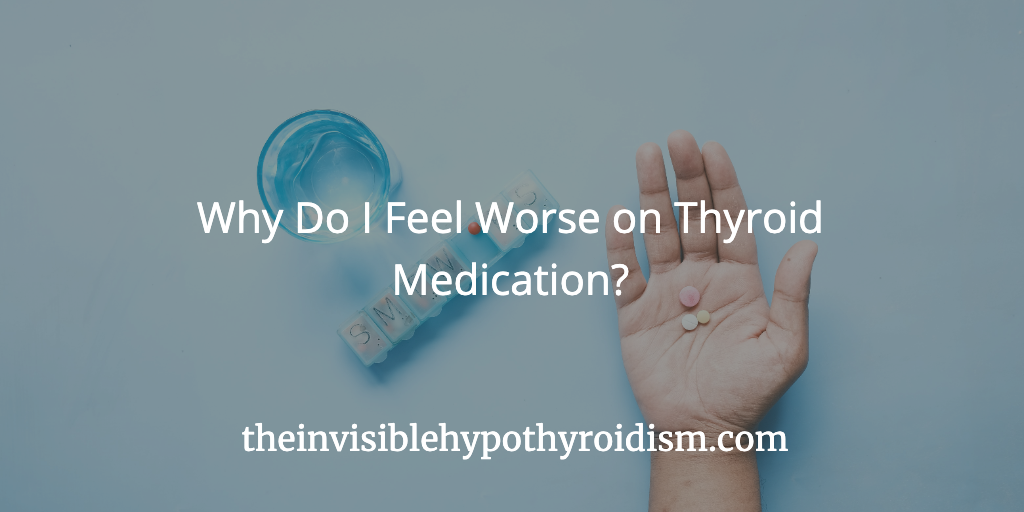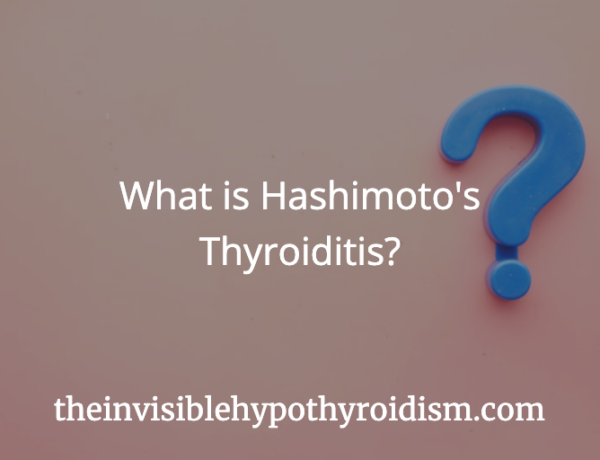Originally published on 12th January 2016 Last updated on 5th April 2024
Do you suspect you have an underactive thyroid (hypothyroidism) or Hashimoto’s?
Or do you have one that you’ve been told is ‘optimally treated’, yet still have symptoms?
- The following symptoms have been reported by patients on a large scale.
- If you are on thyroid medication and still having symptoms such as these, then you may not be optimally treated, or have other things that need addressing.
- Optimally treated hypothyroidism should have no or very few symptoms.
- Of course, other illness, conditions and deficiencies can cause the below too. So explore them all where possible.
- As well as optimising my thyroid medication, I also had to work on other things to resolve all my symptoms.
See also: Signs Your Thyroid Medication May Need Adjusting
What is the Difference Between Hypothyroidism and Hashimoto’s?
Why It’s Important to Know if You Have Hashimoto’s
(Please Note: Not all thyroid patients will have all of these, but please let me know if I have missed any. Some of the symptoms listed below can be reflective of other conditions.)
Click on a symptom to learn more about it’s cause and how to resolve it.
- Tiredness or fatigue
- Poor stamina
- Feeling weak
- The need to nap more than others
- Long recovery period after activity
- Arms feeling like dead weights after activity, limb numbness
- Inability to exercise, or withstand certain exercises
- Diagnosis of Chronic Fatigue Syndrome
- Sensitivity to cold or heat
- Weight gain and inability to lose weight
- Unintentional weight loss (less common)
- Constipation
- Depression
- Anxiety
- Feeling more emotional than usual / mental health struggles
- Slow movements, speech and thoughts
- Brain fog, confusion and memory problems
- Itchy and sore scalp. Dry, tight skin. Eczema.
- Muscle aches, pains, cramps and weakness
- Poor appetite
- Brittle hair and nails
- Hair loss
- Hair not retaining hair dye
- Loss of libido (no sex drive)
- Numbness in limbs
- Irregular periods or heavy periods, any period complaints
- Fertility issues
- Migraines and headaches
- Hoarse voice
- A puffy-looking face, “Moon Face”
- Thinned or partly missing eyebrows
- A slow heart rate or one that increases more so than a healthy person’s after physical activity (e.g. after walking up the stairs or emptying the washing machine)
- Hearing loss, tinnitus
- Anaemia
- Poor circulation
- High or rising cholesterol
- Acid reflux
- Poor levels of iron, B12, Vitamin D etc.
- IBS / gut issues
- Easy bruising
- Swollen legs that impede walking
- Frequent shin splints
- Difficulty standing on feet for long
Many people find that they have their own combination of this long list of symptoms or even experience something not shown here. In fact, this list is by no means exhaustive; I’m always hearing about new symptoms.
As thyroid hormone is required for every cell and every function in the body, when we don’t have enough of them, the effects are far reaching.
Read about my 14 Missed Signs of a Thyroid Condition Before I Was Diagnosed.
You can click on the hyperlinks in the above post to learn more and see references to information given.
Do you have any symptoms to add to the list? Let me know in the comments section.







